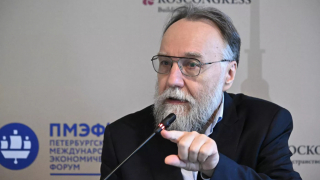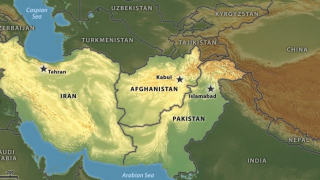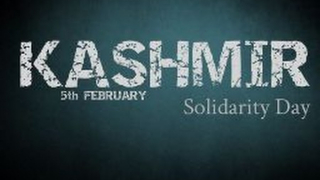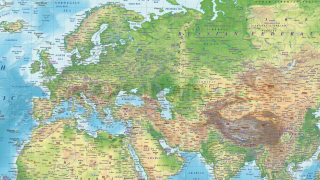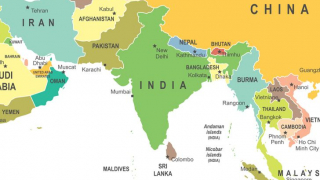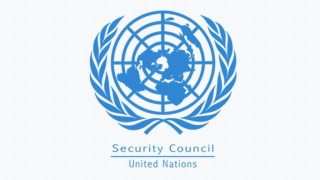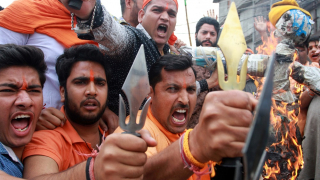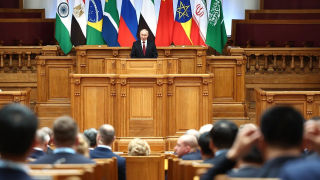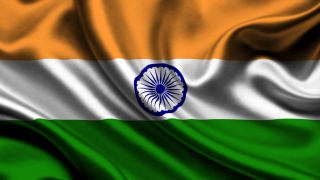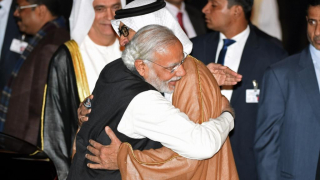Modi and Democratic Decay in India
The year 2020 brought startling changes in world politics. One of the unavoidable changes was the dramatic rise of Populism. Populism has cast aspersions on the liberal democracy and has left all the political pundits ambivalent. William Arthur Galston (a renowned professor and a senior fellow at the brooking institution) penned down an interesting research article "The Populist Challenge to Liberal Democracy" published in Journal of Democracy. In this article, he mentions that many scholars perceive populism as a bid to ensure illiberal democracy. Populists are using democracy as paraphernalia to translate their popular preferences into public policy. These words are testified by the Modi government in India. BJP has an ideological nexus with RSS and RSS draws its inspiration from Adolf Hitler. Hitler used to believe in the theory of history that indicates an unstoppable battle between Jews and Germans. Populist leader Modi with fascist tendencies has wreaked mayhem in India. BJP under the stewardship of Modi is working for a "Hindu dominated India" or "Hindu Rashtra" and exclusion of minorities (especially Muslims) is a plank of its strategy. Indian democracy has shattered into pieces due to the evaporation of pluralism, rampant violence, and politicization of institutions.
To pursue its selfish objectives, BJP used the concocted history and propagation of ultra-nationalism through media. In his book, "The Paradoxical Prime Minister: Narendra Modi and his India" Shashi Tharoor maintains that fake history and pseudo nationalism are being used for unleashing attacks on minorities. He shows the fear that falsehood and exaggerations made by BJP to notch up lethal objectives can leave a constant influence on people's psyche. He further maintains that India had a unique version of secularism in which all the religions were equal but BJP's attempt to crush minorities has scuttled the secular spirit. In chapter three (A growing wave of communalism), Mr. Tharoor unveils some important facts about the rising communal violence in India. He introduces readers with some strange ilk of vocabulary that is used to analyze communal violence in India.
He presents two kinds of communal incidents; the first is 'major' and the second is 'important or significant'. He says a major communal incident is one in which more than five people die or over ten people get injured. Similarly, a 'significant or important' communal incident is one in which one person dies or ten people get injured. He further mentions that "2,920 important communal incidents happened in the last four years in which 389 people were killed and 8,890 injured". Furthermore, the National Crime Records Bureau confirms that "over 2,885 communal riots were reported between 2014 to 2016".
Sadly, in Modi's India, innocent people are being lynched by mobs owing to the cow-related issues. Unfortunately, consuming cow is understood as a peril to the RSS agenda. According to available data, "seventy cases of cow-related violence are reported in the last eight years and 97pc of them have occurred in the four years of BJP". After the citizen amendment bill to marginalize Muslims, now Modi and Sikh farmers are eyeball to eyeball by dint of controversial laws. The Indian parliament passed three bills, the Farmers Agreement on price Assurance and Farm services bill, the Farmers' Produce Trade and Commerce Bill, The Essential Commodities Bill. Sikh Farmers from Haryana and Punjab have been protesting against these bills. There are some important reasons for this agitation. First is that these laws have enabled farmers to sell their crops directly to the buyers instead of government-regulated market agents. Farmers maintain that they will have to sell their crops at the prices fixed by buyers. They will get low prices in return for crops. Secondly, the government regulated markets were set up in the 1950s to facilitate farmers and to offer MSP (Minimum Support Price) for certain products. This Minimum Support Price was a safety net for the farmers but the Modi government has abolished it. This reckless attempt to hit farmers is facing backlash and compelling farmers to resist injustice. A farmworker Sukhwinder Singh (who cycled 400 kilometers to join the protest) says that "The laws will harm the farmers and in turn destroy livelihood". These marginalizing policies and poorly-crafted laws can further increase the trust deficit among minority groups and the government. Most importantly, the trust deficit can further aggravate separatist movements like Khalistan. Interestingly, some of the analysts are auguring the balkanization of India such as Irshad Ahmed Kaleemi. Irshad Ahmed Kaleemi is an erstwhile Bureaucrat and academician in Pakistan. In one of his videos, He claims that there are 26 separatist movements in India. He further maintains that he supervised the research on these 26 separatist movements. He named the titles of research papers indicating these movements such as Naxalites in Assam, Secession movement in North East India, Uprisings in Mizoram, Nagaland separation movement, etc. He claims that Nagaland has even designed its flag and Naga National Council is working on a separate constitution. One thing is worth-mentioning in his video that Mr. Kaleemi has shown the Indian media's reporting on some of these separatist movements. So, if this information is true then the Modi government's demeanor towards minorities will further expedite the process of Balkanization.
If we talk about Kashmir, Modi government has further exposed the indian democrcay. On August 5, 2019, the Indian government abolished the special status of Jammu and Kashmir by unilaterally revoking Article 370 of the Indian constitution. The evil design behind this bid was to ensure a demographic change in Kashmir. The brutalities and atrocities of Indian forces in Kashmir are on an exponential rise. The manhandling of Kashmiris by the Modi government has left the secularism of India in tatters as Arundhati Roy says in an interview that "I say quite unambiguously that I do not think that any country that calls itself a democracy has a right to force people to remain with it in a militaristic way. I believe that the people of Kashmir have the right to choose or self-determination". Modi's ascendency to the corridors of power was the death of democracy. Modi government used Anti-Pakistan sentiments to mar peace and spark riots. BJP testified the words of late Historian Stanely Wolpert as he mentioned in his book "India and Pakistan: Continued Conflict or cooperation?" that any BJP-led government in foreseeable future will be 'most troubling potential obstacle' to Kashmir solution. Keeping in mind all the controversial activities of the BJP government, it will not be wrong to say that India has developed a Kakistocracy and rapidly marching to clinch the title of a 'failed state'.
India is fulfilling the characteristics of a failed state chalked out by Noam Chomsky in his book "Failed States". According to Chomsky, there are three characteristics of a failed state; the first is the state's reluctance to protect its citizens from destruction or violence. Secondly, the State's perception of being beyond domestic and international law and last but not least is serious 'Democratic Deficit' in state and State's bid to deprive the formal democratic institutions of a real substance.


